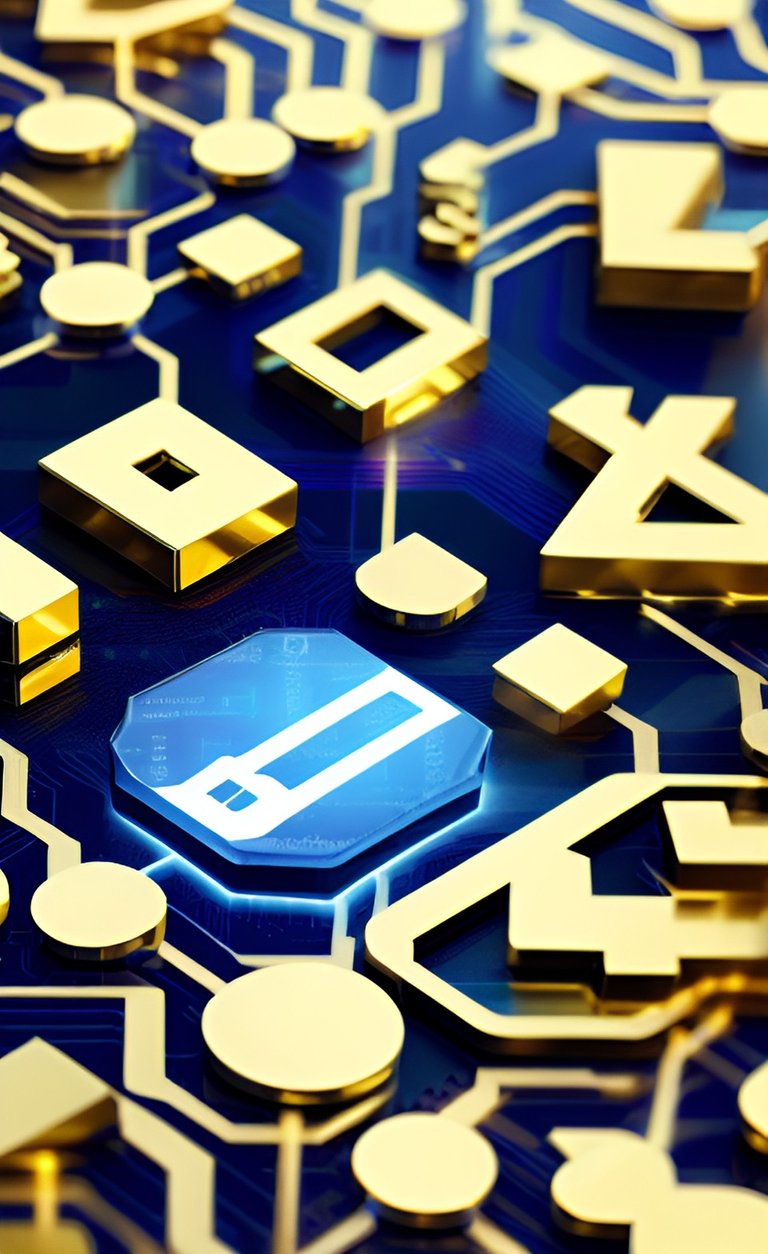Web3.0 technology has the potential to significantly increase financial inclusion in Nigeria by providing access to digital currencies, decentralized finance (DeFi) protocols, and banking services for the unbanked population. Here are some ways that web3 technology can promote financial inclusion in Nigeria:
Digital currencies: Web3 technology enables the use of digital currencies, which can provide a secure and decentralized payment method that is not subject to the fluctuations of fiat currency. This can enable more efficient and secure cross-border transactions and help reduce the reliance on traditional payment methods.
Decentralized finance (DeFi): Web3 technology enables the creation of decentralized finance (DeFi) protocols that can provide access to financial services for the unbanked population. DeFi protocols enable users to access lending, borrowing, and investment services without the need for intermediaries, reducing fees and increasing access to financial services.
Banking services for the unbanked: Web3 technology can also enable access to banking services for the unbanked population through the use of blockchain-based identity systems. By providing secure and verifiable digital identities, individuals who do not have traditional forms of identification can access banking services and other financial products.
More than 42 million Nigerian adults live in rural areas that lack basic banking services. According to a 2021 EFInA study on trends in access to financial services in Nigeria, there are numerous gaps to fill in the rural areas populated by unbanked people excluded from the financial ecosystem.
The EFinA report shows that while 71 per cent of urban adults have bank accounts, only 40 percent of those in rural areas have a formal account. In over 60 percent of rural communities across Nigeria, there are no bank branches, agents or ATM.
Although it has helped in bridging the financial inclusion gaps, mobile money has not proven to be a widespread option as only 4 percent of adults in the EFinA study report have such accounts. Worse still, in the Findex report of 2017, less than 6 per cent have such accounts.
Peer-to-peer transactions: Web3 technology enables peer-to-peer transactions, which can provide access to financial services for individuals who do not have bank accounts or credit cards. Peer-to-peer transactions enable individuals to send and receive payments directly, without the need for intermediaries or traditional financial institutions.
Tokenization: Web3 technology enables the creation of tokens, which can represent assets such as property or commodities. By tokenizing assets, individuals who do not have traditional forms of collateral can access credit and other financial products.
Real Estate Tokenization in Nigeria
In Nigeria it is relatively new and not so popular. The knowledge of real estate tokenization is still very alien even to real estate marketers. In the results of a brief survey with a number of people in real estate, it is obvious that the idea is still strange even to those in the business.
However, in parts of Africa, it seems to be moving a lot faster. Realsmart for instance, the world’s first global online platform enabling investors to buy security shares in world-class real estate on the blockchain. Realsmart is a SouthAfrican company founded by Anton Breytenbach and Bruce Martin.
Although, there is no mass adoption of Real Estate Tokenization by real estate firms in Nigeria. The AFEN with Plateau Smart Tourism is also a form of Tokenization of real estate. And it has paved the way for real estate tokenization.
Source: https://cresthub.com/the-status-of-real-estate-tokenization-in-nigeria/
In summary, web3 technology has the potential to promote financial inclusion in Nigeria by providing access to digital currencies, DeFi protocols, banking services for the unbanked, peer-to-peer transactions, and tokenization. By increasing access to financial services, web3 technology can help reduce poverty and promote economic growth and development in Nigeria.

Congratulations @topchuqs! You have completed the following achievement on the Hive blockchain And have been rewarded with New badge(s)
Your next target is to reach 4500 upvotes.
You can view your badges on your board and compare yourself to others in the Ranking
If you no longer want to receive notifications, reply to this comment with the word
STOPCheck out our last posts:
There is reasonable evidence that this article is machine-generated. Posting such content is considered fraud.
Fraud is discouraged by the community and may result in the account being Blacklisted.
Copying/Pasting content (full or partial texts, video links, art, etc.) with adding very little original content is frowned upon by the community. Publishing such content could be considered exploitation of the "Hive Reward Pool" and may result in the account being Blacklisted.
Please refrain from copying and pasting, or decline the rewards on those posts going forward.
Guide: Why and How People Abuse and Defraud
If you believe this comment is in error, please contact us in #appeals in Discord.